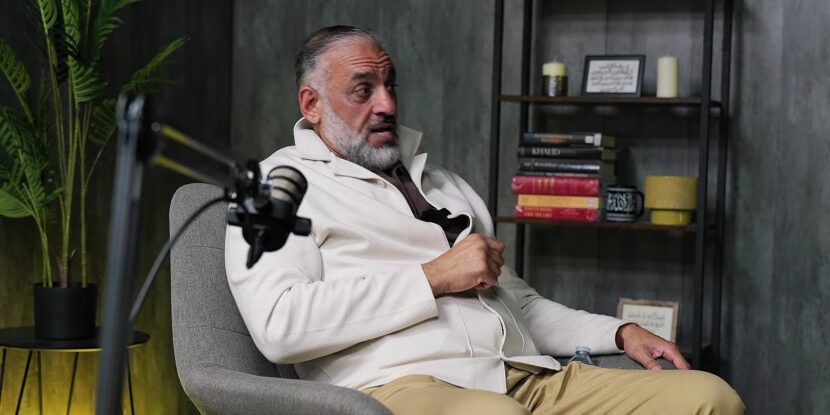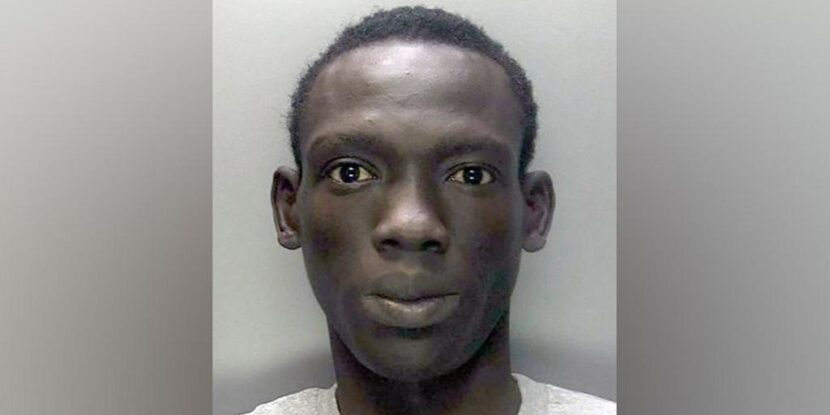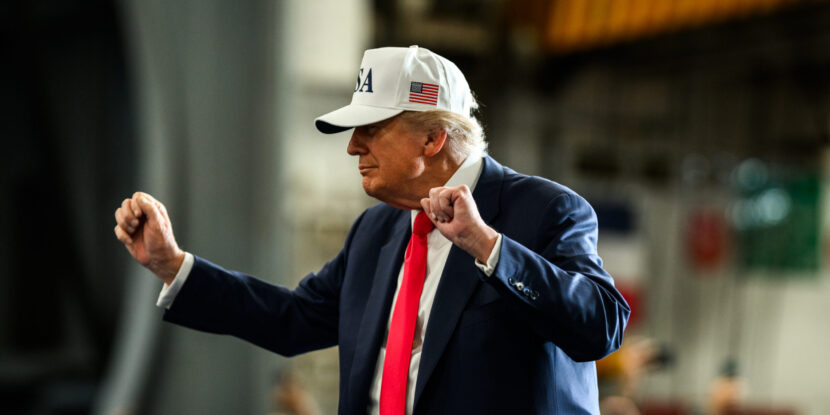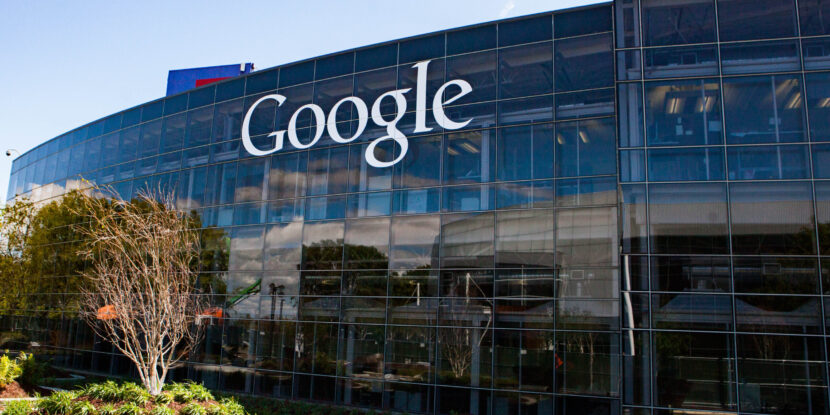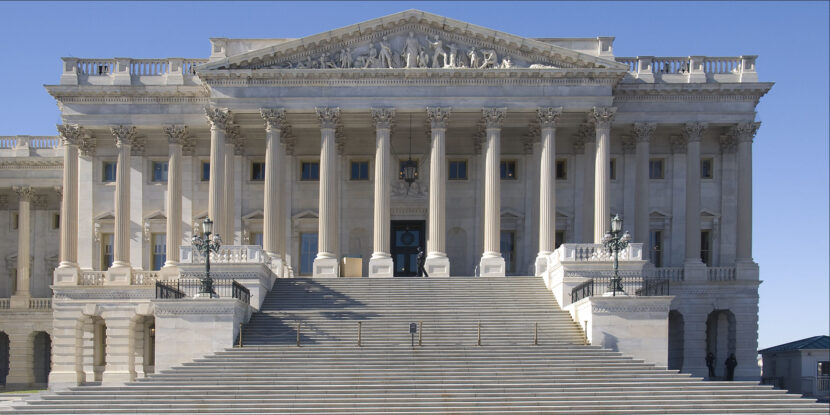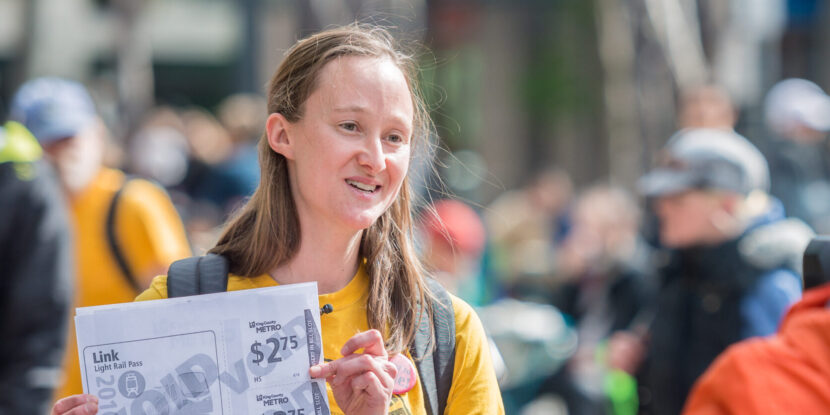❓WHAT HAPPENED: Online forums 4Chan and Kiwi Farms filed a lawsuit against British communications regulator Ofcom over alleged violations of free speech rights under the U.S. Constitution.
👤WHO WAS INVOLVED: 4Chan, Kiwi Farms, Ofcom, and the federal court in Washington, D.C.
📍WHEN & WHERE: The lawsuit was filed recently in Washington, D.C., following the British government’s implementation of the censorious Online Safety Act last month.
💬KEY QUOTE: “Ofcom’s conception of keeping users safe is keeping them safe from encountering points of view of which Ofcom disapproves.” – Legal filing by 4Chan and Kiwi Farms.
🎯IMPACT: The lawsuit challenges the application of the Online Safety Act to U.S.-based platforms, raising questions about jurisdiction and free speech rights.
Controversial online forums 4Chan and Kiwi Farms have filed a lawsuit in federal court against British communications regulator Ofcom, arguing that the British government’s recently enacted Online Safety Act violates the free speech rights of American citizens. The lawsuit seeks to block Ofcom from enforcing the law against the two U.S.-based websites.
The Online Safety Act, which came into effect last month, grants Ofcom broad authority to censor digital platforms with significant British user bases or target audiences, regardless of where the platforms are based. According to the legal filing, Ofcom has already issued notices to both 4Chan and Kiwi Farms, threatening criminal penalties and investigations if they fail to comply with their censorship regime.
In their complaint, the platforms argue that the law is being misused to infringe upon the constitutional rights of Americans. “Ofcom’s ambitions are to regulate internet communications for the entire world, regardless of where these websites are based or whether they have any connection to the UK,” the filing states. They further claim that the law is designed to “target the free speech rights of American citizens,” even though the platforms operate in accordance with U.S. law.
A spokesman for Ofcom defended the regulator’s actions, saying, “Under the Online Safety Act, any service that has links with the UK now has duties to protect UK users, no matter where in the world it is based. The Act does not, however, require them to protect users based anywhere else in the world.”
The legislation has sparked widespread backlash in the United States and the United Kingdom alike. Critics argue that the law imposes broad censorship measures under the guise of online safety. The Act allows Ofcom to mandate content removal and impose age restrictions, with penalties for non-compliance reaching up to £18 million (~$24.3 million) or 10 percent of a company’s global revenue. Users in Britain have already reported being blocked from accessing political content, including videos of anti-immigration protests. X owner and tech billionaire Elon Musk publicly criticized the law, saying its “purpose is suppression of the people.”
Earlier this month, a British court upheld the law after the Wikimedia Foundation challenged its implications for user privacy and freedom of expression. Meanwhile, U.S. officials, including Vice President J.D. Vance, have raised alarms about the global impact of British censorship. “We… know that there have been infringements of free speech that actually affect not just the British… but also affect American technology companies and by extension American citizens,” Vance said in February, warning that Britain is on a “dangerous path” with respect to regulating speech online.
Join Pulse+ to comment below, and receive exclusive e-mail analyses.




